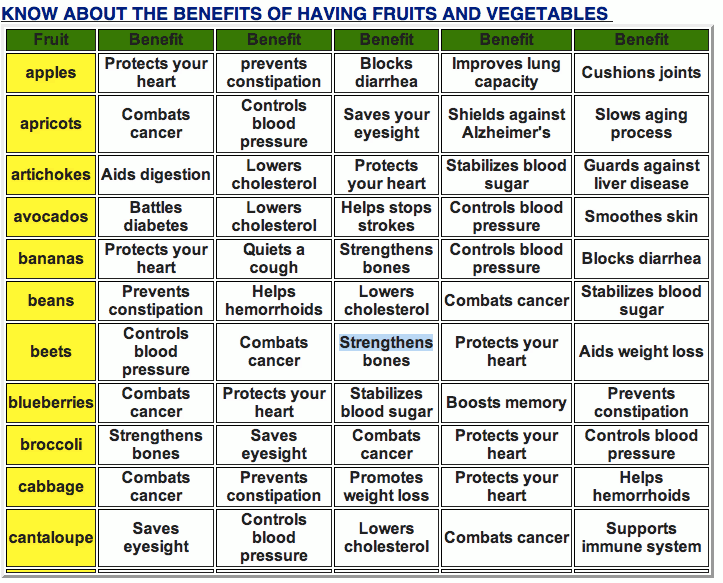Originally posted February 26, 2013; updated
For all the “health care” that happens in this country, we seem to have a real problem when it comes to preventive care – in dentistry or otherwise – even as all of our most common chronic conditions can be largely avoided. Yet, despite billions of dollars spent each year, rates of tooth decay, gum disease, heart disease, diabetes, stroke and the like continue to rise.
What keeps us from that smarter approach? A commentary in the New England Journal of Medicine explores some of the obstacles, including “reductionist” tendencies in the medical establishment which the authors say make it unsuited to treat the complex, chronic illnesses so many struggle with today. But more,
Societal expectations of a “magic bullet” and a focus on symptom relief also reflect and reinforce the reductionist approach. These scientific and societal values emphasize discovering a “cure” for the major causes of death. With the advent of direct-to-consumer advertising for pharmaceuticals and surgical procedures, these cultural expectations of immediate, simplistic solutions have been bolstered by consumerism and fully exploited to generate demand for therapies that are marginally indicated and potentially unsafe.
This attitude is so prevalent and powerful, we even see it at work in some “natural” and “holistic” approaches to healing.
Perhaps you’ve seen something like this posted on Facebook, Pintrest or other social media site:

It’s almost as if these individual foods are drug analogs: Instead of lowering your blood pressure with Cozaar, how about some beets? Blood sugar out of control? Forget the Avandia and have an artichoke.
Yes, each of these foods contains nutrients found to promote certain health effects. The oil in avocados has been shown to have a positive effect on markers of metabolic syndrome. The sulforaphane in broccoli has been shown to have anti-cancer properties. But simply “dosing” on these – or other foods containing them – is not enough to either prevent or reverse the course of disease.
Foods can be healing. But to consider them in isolation from the rest of one’s diet – and other lifestyle choices – is problematic.
Consider some of the studies done on berries. These fruits contain pigments called anthocyanins, which are believed to confer anti-cancer and other health benefits. A study in Food Chemistry found that two particular anthocyanins are readily broken down by bacteria in the mouth. From there, it’s a short step to the headline “Berries Offer Many Oral Health Benefits.”
Meanwhile, a paper in the Journal of Periodontal Research looked at antimicrobial properties of blackberry extract, which was found to reduce activity of F. nucleatum – a major player in gum disease. An earlier study in the same journal found that major anthocyanins in blackcurrant extract inhibit bacterial enzymes, again conferring benefit against periodontal disease.
This is wonderful stuff. But it would be a mistake to think berries alone – or products derived from berries – could cut it. If you’re a smoker, say, all the berries in the world are probably not going to keep you from the gum disease and bone loss that tobacco use brings.
It’s not any one food but the total sum of the diet – and other health-impacting habits – that will tell the tale. We don’t eat isolated nutrients but foods, and usually more than one at a time. Some nutrients depend on others to work. Things like exercise and sleep affect how your body can put those nutrients to use. Environmental and dental toxins can interfere greatly with nutrient absorption, as can medicines of all kinds, pharmaceutical, homeopathic or otherwise.
And this is just a partial list of factors that affect what happens with what we eat.
The big picture matters. We see this in other areas, as well. For instance, you may hear people discount any health risks from cell phones or laptops because the amount of radiation is so low. From one unit, yes. But we’re surrounded by others and all manner of radiation-emitting devices. One in isolation? No problem.
Trouble is, there’s no such thing as isolation.
Same thing with diet. One food alone may contain health-bolstering nutrients, but how the body assimilates them will depend on the diet – and the individual – as a whole.